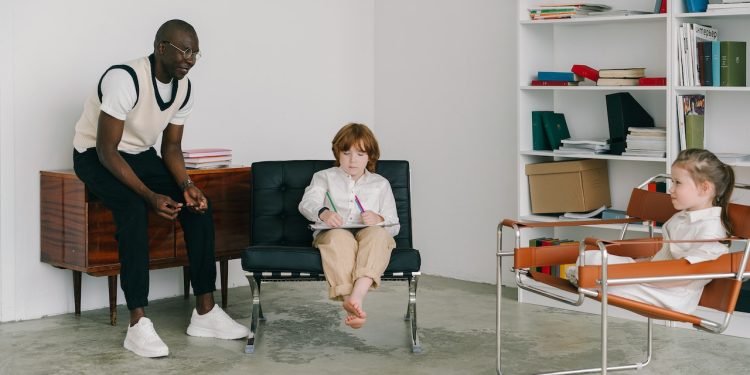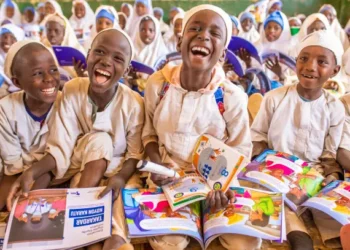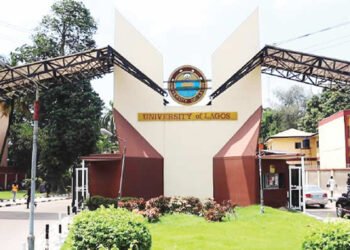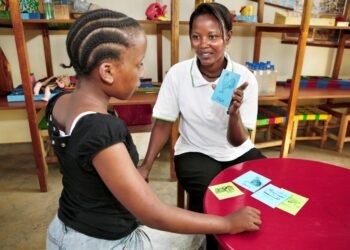That’s nice. But that must have been a tough period for you. When you discovered, how were you and your husband able to come to terms with it and were you even aware of autism before this point?
We were not aware of autism. It was when we got the diagnosis that we heard the term autism for the first time And then we started to do our research. And me being very practical, I always hit the ground running. So, I kind of just jumped into it and I started to build my wings as I went along. My husband was actually very supportive and being someone that is very quiet and a bit of an introvert as well, he was able to internalize a lot of these things. And then when we decided to set up the center, he was the one that actually wrote the proposal for the center. He gave it his all and put everything and thankfully we were able to get the support to set up the center. For me, I would say I’m blessed, because for so many people, the story is not the same. Many husbands just say, “no, it’s not from my part of the family”. We never had that argument about where it came from or anything like that. We just kind of embraced it. I think it’s because God had a plan for the centre. That’s what gave both of us the impetus to be on the same page concerning Agbolade. We were always on the same page. There was never a time when we struggled with the things that concerned him. We were always on the same page and that really helped us. Yes, that really helped.
Excellent. So, how’s your son now? I guess what I really want to ask is, does autism affect people’s chances of succeeding academically and doing well in life?
Well, I would say autism can affect the academics of people that struggle with it.
So it really depends on where you are on the spectrum. Remember I said earlier that’s it’s a spectrum. There are those that are on the mild, some are moderate, and others are severe. So those that are on mild part of it and have had some form of therapy – don’t get me wrong, without therapy, you can move from mild to severe – can do well academically. So, you have to be on some form of therapy. Some friends say, oh, I never used therapy. Ask them what they did with the child in the home environment. That is therapy for that child. So, for those on the mild, they can go on to function in life, do what they need to do and get their academics. In fact, we have some of them that are high flyers and are next to geniuses in their places of interest, just like our son. Our son is a mathematician. He made a first class in Maths. He’s currently doing his PhD in mathematics. So, that’s what he knows, that’s what he enjoys, that’s what he loves to do. So, it’s like paying him for what he loves to do. At the end of the day, it depends on how affected the individual is, the approach the family take at the foundational stage, the interest that they build in that child and the exposure that that child has at every point in time.
Subscribe To Unlimited Premium Digest.
This is premium content. Subscribe or Login to read the entire article.
Subscribe
Gain access to all our Premium contents.More than 1,000+ Articles, News, & Scholarships.






































































 EduTimes Africa, a product of Education Times Africa, is a magazine publication that aims to lend its support to close the yawning gap in Africa's educational development.
EduTimes Africa, a product of Education Times Africa, is a magazine publication that aims to lend its support to close the yawning gap in Africa's educational development.

